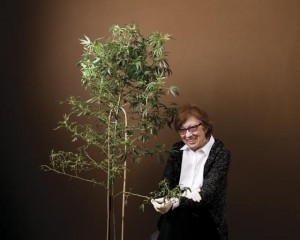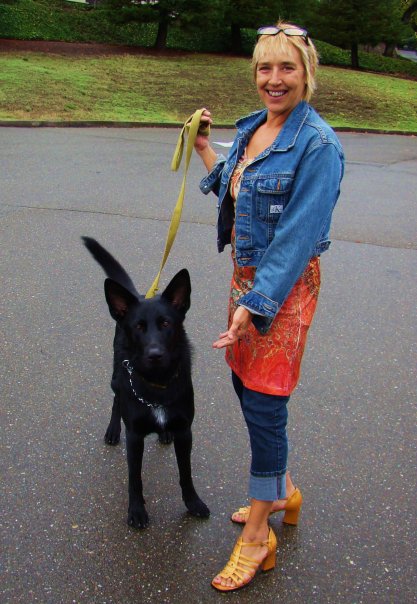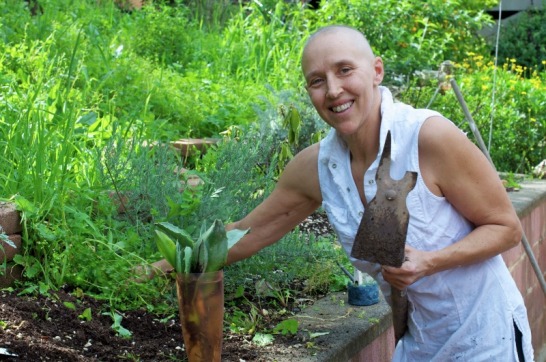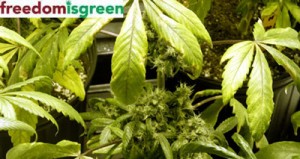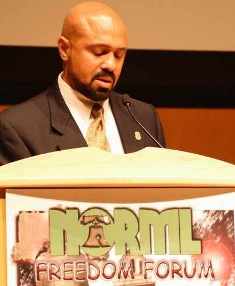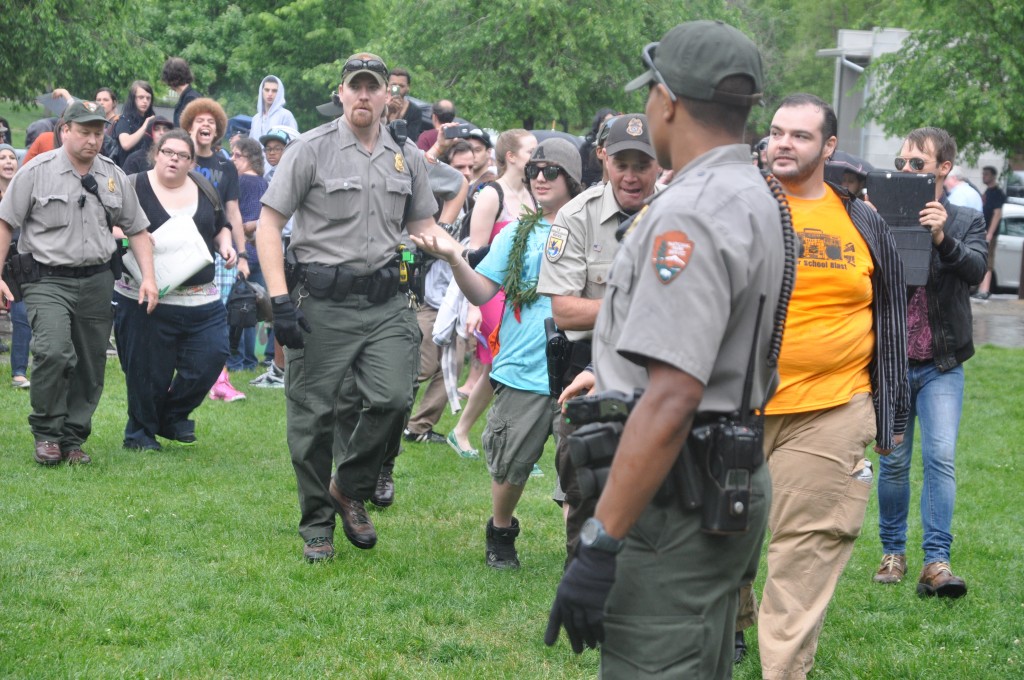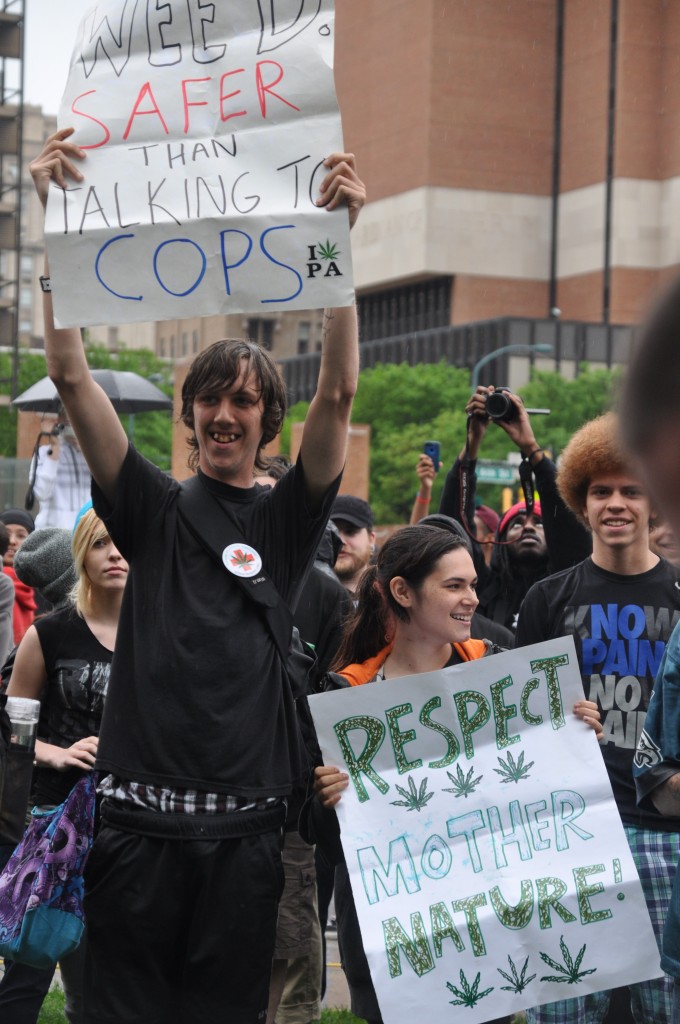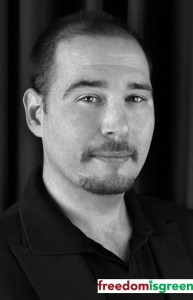
from maine.gov
Federal laws are not exactly fun reading that you bring to the beach. The complex language often makes them tough to understand. But we’re pretty sure everyone knows how the US federal government feels about marijuana. It is illegal – Just Say Drug War.
Perhaps they ended prohibition down in Washington DC and never told us? Just in case, the Maine Health and Human Services Committee and New Jersey’s Attorney General Paula Dow are making sure the US Department of Justice reaffirms their position on pot.
US Attorneys in several states have fired off some unsolicited letters on the issue of medical marijuana. These lay out, in excruciating detail, all of the nasty things that could befall an individual or business who grows, distributes or sells medical cannabis; all in compliance with state law.
The reaction on the ground from governors, state legislators and even the non-profit business owners has been mixed. Rhode Island’s governor Lincoln Chafee put the only approved dispensaries (all three) on hold after receiving a hand-delivered DOJ letter.
This week Maine’s HHS Committee got their response. It was very much the form-letter that everyone expected. Still, US Attorney Thomas Delahanty’s carefully worded reply is getting a different reaction in Maine.
State Representative Diane Russell (D-Portland), an outspoken advocate for the medical marijuana program, was not surprised.
“Everything has changed in the last few weeks,” said Russell this afternoon. “But the letter is not stirring as much controversy as it could. ”
Home cultivation was already a part of the safe access law, now Maine is opening the first regulated dispensaries in the state. The program is already off paper and into practice, so could the letter put a wrench in the works? Russell doesn’t think so, “Our program is already in place so we would have to actively shut ours down.”
Maine’s governor is Paul LePage, a Republican. Would he bow to the Fed like Gov. Chafee in RI? Again Russell thinks that Maine has a more state’s rights foundation, “He would be hard pressed to cave. If the HHS committee did that it would be a different story.”
Russell added, “The Governor is very supportive on medical marijuana.”
Maine legislators also took an interesting step to protect the privacy of medical cannabis patients: The registry is now on a volunteer basis. Most cannabis programs are now mandating that patients register and carry a special identification card, something that is not required for pharmaceutical drugs.
New Jersey was the first compassionate use law in America to pass without any provisions to grow at home. NJ patients must access all of their marijuana at one of six Alternative Treatment Centers…after they register and get an ID card. NJ’s law was passed in January 2010 but the actual program is bogged down – not a single patient card has been issued.
Republican Governor Chris Christie, a former US Attorney, has thrown up every hurdle and legal delay he can muster. Make no mistake; in Jersey the big green marijuana buck stops right at Christie. The six ATCs are planning to capitalize at about $300 $200 million.
On April 22, 20011 New Jersey State Attorney General Paul Dow sent a letter to United States Attorney General Eric Holder with some questions about medical marijuana.
Attempts to reach the NJ US Attorney Paul Fishman about any possible reply letter were referred to the press office for the Department of Justice in Washington DC. This is a very interesting move. Fishman may not join the other US Attorneys in their recent rattling of paper sabers. Instead he may be genuine in his expectation for a response from the head office and Attorney General Eric Holder.
There is already intense pressure on DOJ and Holder personally to make some definitive statement on the medical marijuana issue. While Holder seems like he’s in no hurry to talk, Fishman’s response may be a signal that something is coming down the pipe.
Jessica Smith, a spokesperson reached at the Department of Justice said, “We can confirm that the letter [from NJ AG Paul Dow] was received and is under review.”
So what should states do while they wait for DOJ or should they wait at all?
Diane Russell says that Maine is going forward. “I can’t speak for other states but our medical marijuana bill came about through voter referendum. All those Mainers went got out there and went to the polls. They understand that it’s illegal federally too! So they know it’s illegal and when they went to the voting booth they voted for it anyway.”
Russell added with some Maine accent, “We don’t really care where the feds stand.”
The Compassionate Use Medical Marijuana Act of New Jersey also says pretty much the same thing right in the opening paragraphs:
c. Although federal law currently prohibits the use of marijuana, the laws of Alaska, California, Colorado, Hawaii, Maine, Michigan, Montana, Nevada, New Mexico, Oregon, Rhode Island, Vermont, and Washington and Montana permit the use of marijuana for medical purposes, and in Arizona doctors are permitted to prescribe marijuana. New Jersey joins this effort for the health and welfare of its citizens2.;
d. States are not required to enforce federal law or prosecute people for engaging in activities prohibited by federal law; therefore, compliance with this act does not put the State of New Jersey in violation of federal law
Legislators and voters are well aware of the conflict between state and federal law for medical pot. But more important; in New Jersey the law is aware of this fact, putting Dow and Christie on shaky ground. One thing seems very clear – These medical marijuana laws are written and passed for the direct purpose of countering the federal position.
So is there an upside to all of the activity from US Attorneys? Rep. Russell is also working on a full marijuana legalization bill, LD 1453, that would tax recreational cannabis. After initial hearings before the Criminal Justice Committee the bill is still alive. LD 1453 will have to pass both houses then go to voters for approval.
“The one thing that the letter has done is start legislators asking questions,” Russell said today. “And the idea of sending it out for a referendum may actually get it some more votes over here on the hill.”
Maine is not only state on the East Coast with active legislation for fully legal cannabis; A bill was introduced in Massachusetts, HB 1371, to tax and regulate the marijuana market. There are also ballot initiatives in process for 2012 in California, Colorado and Washington.
Based on the sensitivity of the US attorneys regarding the medical cannabis programs, it seems unlikely that they will stay silent about concepts that go even further.
On the ground:
Maine – www.facebook.com/LegalizeMaineFirst
Massachusetts – www.masscann.org
New Jersey – www.cmmnj.org
Questions? [email protected]
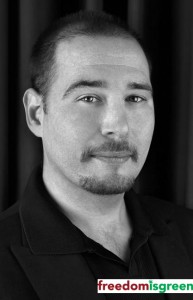 Chris Goldstein is a respected marijuana reform advocate. As a writer and radio broadcaster he has been covering cannabis news for over a decade. He volunteers with local groups to change prohibition laws including PhillyNORML and The Coalition for Medical Marijuana New Jersey.
Chris Goldstein is a respected marijuana reform advocate. As a writer and radio broadcaster he has been covering cannabis news for over a decade. He volunteers with local groups to change prohibition laws including PhillyNORML and The Coalition for Medical Marijuana New Jersey.
